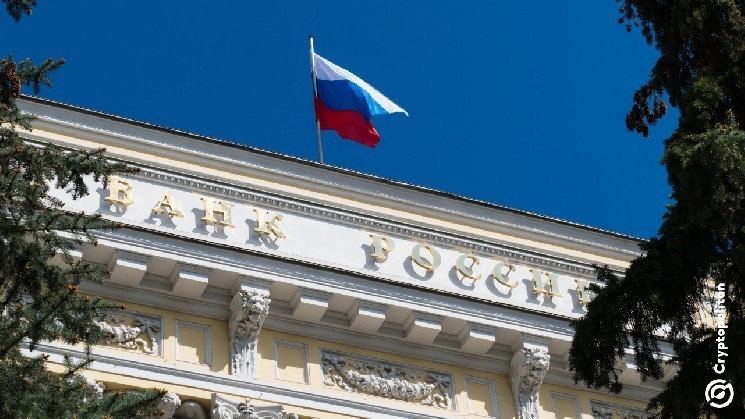The Russian Federation’s financial regulator plans to scrap strict rules requiring investors to have “high qualifications” to access crypto assets.
Cryptocurrency investment in Russia is still restricted by an “experimental” framework, but the country plans to properly regulate the market in the coming months.
Russia considers relaxing investor access to cryptocurrencies
The Ministry of Finance (Minfin) and the Central Bank of Russia (CBR) are preparing to abandon the current regulatory concept that allows only a limited number of professional investors to acquire decentralized digital currencies and derivatives based on them.
Currently, only “highly qualified” investors can buy and sell crypto assets. This includes both legal entities and individuals, but citizens wishing to obtain this status must meet certain minimums in terms of income and past investments.
The criteria are as follows: bank deposits and securities of at least 100 million rubles, and confirmed income of more than 50 million rubles (about $1.2 million and about $600,000, respectively) in the past year.
High-income Russians who are given the privilege of accessing cryptocurrencies without breaking the law are commonly referred to in Russian as “superheroes.”
Deputy Finance Minister Ivan Chebeskov told reporters on Tuesday:
“Superquals was the original concept. I think we’re generally moving away from that.”
A Minfin official said investors could still receive “some sort of rating,” but declined to comment on details, saying “this is a key point of discussion” with CBR.
At the same time, as quoted by the Interfax news agency, Mr. Chebeskov emphasized:
“Overall, we have reached agreement with the central bank on most issues. We are very pleased that we are moving forward and our goal is to move forward quickly.”
A senior Treasury official noted that consultations are currently focused on how and to whom transactions with digital currencies will be made possible.
“We certainly believe that restrictions are necessary,” Chebeskov said, elaborating that regulators have set limits for non-accredited investors, accredited investors and highly accredited investors.
Winds of change are blowing in Moscow
The Bank of Russia signaled earlier this year that it is willing to soften its stance to some extent, even though it remains firmly opposed to allowing virtual currencies like Bitcoin to circulate freely in the country’s economy.
In March, financial authorities submitted a proposal to the federal government to allow cryptocurrency transactions within a special “experimental legal regime” (ELR).
The deal gives Russian companies the opportunity to use digital coins for cross-border payments, something that has been made extremely difficult by Western sanctions imposed over Moscow’s invasion of Ukraine.
It also proposed allowing “highly qualified” investor categories to acquire digital assets. And in May, the central bank authorized financial companies to offer crypto derivatives to the same group of professional investors.
Products currently available in the domestic market track the performance of foreign funds that invest in cryptocurrencies and crypto indexes.
Industry sources told Russian business news outlet RBC last week that regulators want to allow brokers, management companies and exchanges to offer derivative financial products that are tied directly to underlying assets. A representative of the central bank confirmed the news.
In early November, CBR executives revealed that they plan to allow investment funds to acquire crypto derivatives as early as next year, once authorities amend existing regulations governing their activities.
In October, the Bank of Russia announced that it would allow Russian banks to handle cryptocurrencies based on separate rules. He also revealed that he expects lawmakers to adopt a new bill in 2026 that will comprehensively regulate cryptocurrency investment beyond the ELR.
Governor Elvira Nabiullina stressed that new regulations do not require experimental legislation. He also said the agency is open to considering allowing other investors outside of Superquals to trade in cryptocurrencies, as long as their awareness of the risks involved is tested.


